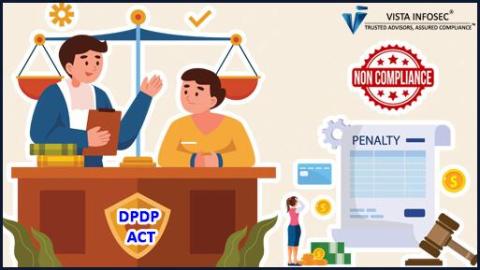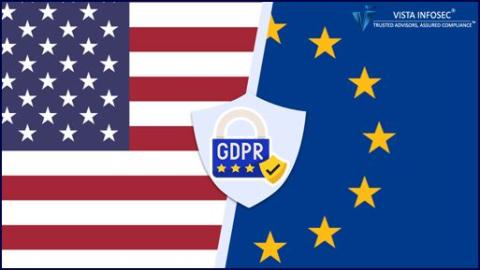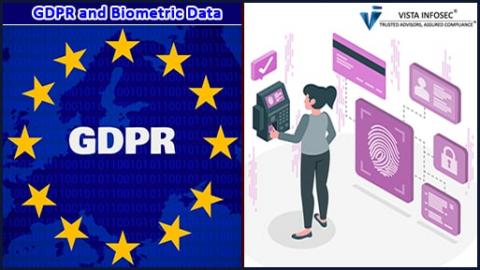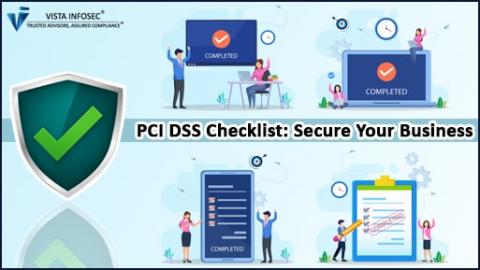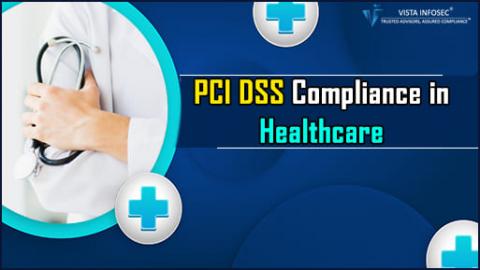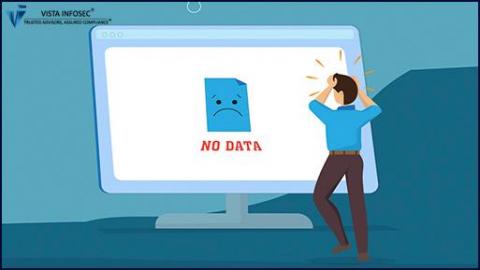Rights of a Data Principal Under the DPDP Act
With the advent of the Digital Personal Data Protection Act (DPDP Act) in 2023, India has taken a significant step towards safeguarding the rights of individuals, termed as ‘Data Principals’, over their personal data. This blog post aims to shed light on the rights and protections offered to Data Principals under the DPDP Act, a landmark legislation that is reshaping the landscape of data privacy in India.



